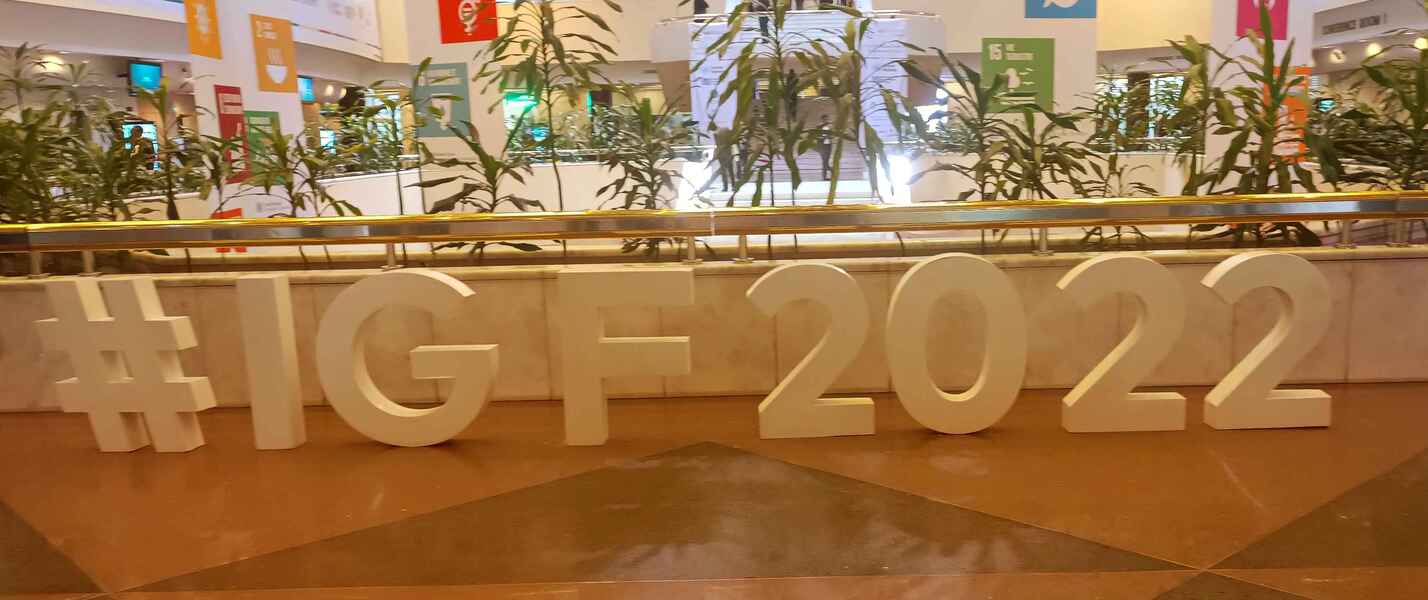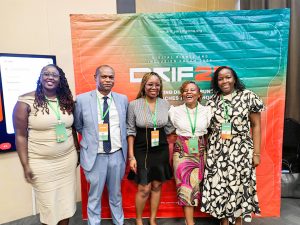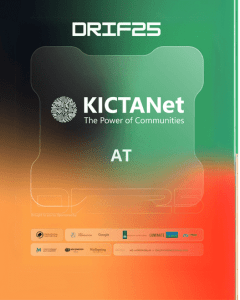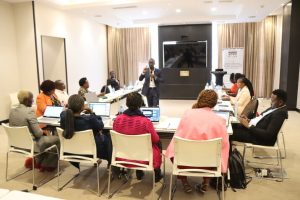Digital rights and the gender digital divide
The Global Information Society Watch (GISWatch) session analyzed the Impacts of digitization on marginalized groups and the effects of digitization on social welfare services. Who decides how technology is developed and deployed?
The session stressed a multistakeholder approach to developing connectivity strategies and the vital place of litigation in decision-making, especially in digital rights. The GISWatch report founded on the research prepared for the 2021-2022 edition of GISWatch, themed “Digital futures for a post-pandemic world”, seeks to address the effects of COVID-19 on how civil society organizations do their advocacy work around digital technology-related issues, including digital rights and how digital technology and digital rights advocacy priorities shifted due to the pandemic.
Recommendations from the session included the creation of digital policies as tools of public interest, public participation in the design of technology through the design justice framework, the use of technology to reflect societal values, and the need to not only do due diligence on the tech companies they work with but also require tech companies to do assessments on the impact of their technology.
Another discussion suggested that internet rights precede digital rights towards bridging the gender digital divide. Lack of affordability, digital illiteracy, cultural biases, and online gender-based violence was cited as some of the major hurdles to attaining digital equality and the need to adopt a multi-stakeholder approach towards achieving this equality due to the multifaceted dynamics of women and encouraging women to adopt STEM subjects.
Community networks as enablers of human rights
Community networks place users at the centre of the deployment of internet technologies and their design and development. The users can decide how they would like to be connected, who owns the infrastructure they communicate through, who has access to the personal data they use to access the network (right to data privacy), and whether they want to be connected at all.
Dynamic Coalition on Community Connectivity (DC3) held a session to explore the connection between community networks and human rights. DC3 is a multi-stakeholder group dedicated to analysing community networks within the United Nations Internet Governance Forum (IGF).
Community practitioner participants shared their standpoints, experiences, and good practices, which have been consolidated into the DC3 2022 report. The session discussed: connectivity as a right, network self-determination, connectivity as a tool for exercising human rights (primarily freedom of expression), and the right to co-create the Internet.
The 17th IGF was held in Addis Ababa, Ethiopia, from 28th November – 2nd December 2022, under the overarching theme Resilient Internet for a Shared Sustainable and Common Future, hosted in a hybrid format. The program was guided by 5 themes supporting the SDGs and drawn from the Global Digital Compact in the UN Secretary-General’s Our Common Agenda report.
This is a series of our publications on Community Networks.
___________________________________________________________
Ms. Catherine Kyalo is the KICTANet Africa Regional Coordinator for Community Networks under the APC-LOCNET initiative. She is passionate about community welfare and enjoys yoga to rejuvenate. LinkedIn | Twitter
![]()




